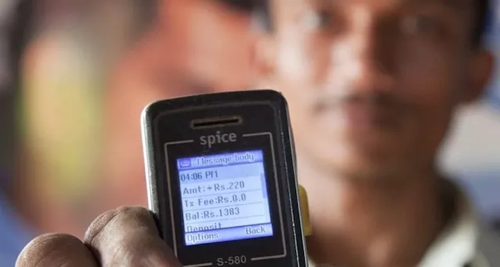UK Space Skills Support Sustainable Development
UK satellite-enabled data technology, delivered through UK Aid, is improving the life chances of people around the world by providing better ways to tackle global issues such as deforestation, sustainable food production and disaster response, new analysis shows. At the same time this is boosting the UK economy.
The three reports are:
A Three-Year Progress Report authored by Caribou Space for the UK Space Agency
‘Economic evaluation of the IPP: Economic return to the UK’ by London Economics
‘Economic evaluation of IPP: Cost-Effectiveness Analysis’ by London Economics
Three new reports show that space-based solutions are:
- 12 times more cost effective at delivering sustainable forestry
- 7 times more cost effective in supporting agriculture
- Twice as cost effective for ensuring disaster resilience
As well as bringing down the cost of tackling these issues and underpinning better responses for the benefit of developing countries, the UK Space Agency’s International Partnership Programme (IPP) has generated £279 million in GVA for the UK economy and supports 3,300 jobs. In total the UK gets more than £2 of benefit back for every £1 invested in these projects.
Dr Graham Turnock, Chief Executive of the UK Space Agency, said: “The aim of IPP is to make a positive, practical impact on the lives of those living in developing countries.
“While the UK space sector is a success story at home, generating billions of pounds for our economy and providing 42,000 jobs, these reports show it is also tackling challenges and having a positive impact on the lives of people all over the world.”
IPP, a £30 million a year programme, has now funded 33 projects in 37 countries and built partnerships between 122 space-enabled data organisations and 132 international partners in developing countries. These projects tackle UN Sustainable Development Goals (UN SDG) such as support for precision agriculture, early warning systems for disasters prediction and disease detection.
Over 2,000 people in 186 organisations have been trained to use IPP-funded solutions. Based on current trends, over 4,000 individuals in developing countries are expected to receive training via IPP by 2021.
IPP focuses on using UK space data service strengths in research and innovation to underpin a sustainable economic or societal benefit to developing economies around the world. It is part of and is funded from the Department for Business, Energy and Industrial Strategy’s (BEIS) Global Challenges Research Fund (GCRF): a £1.5 billion fund announced by the UK Government, which supports cutting-edge research and innovation on global issues affecting developing countries.










